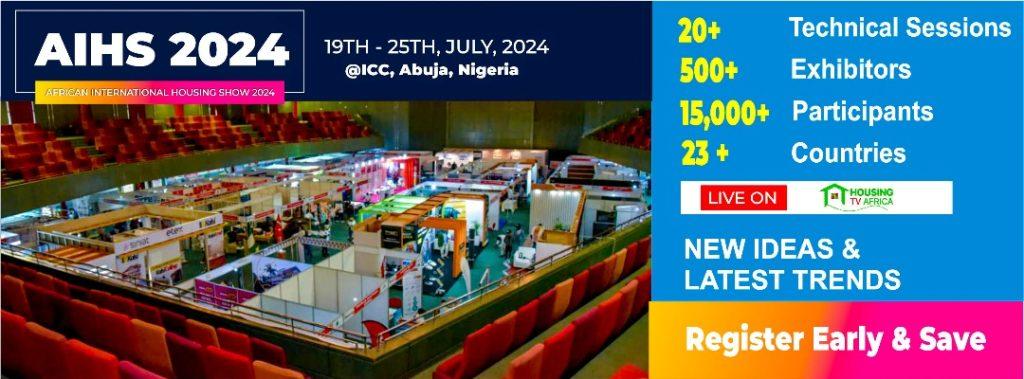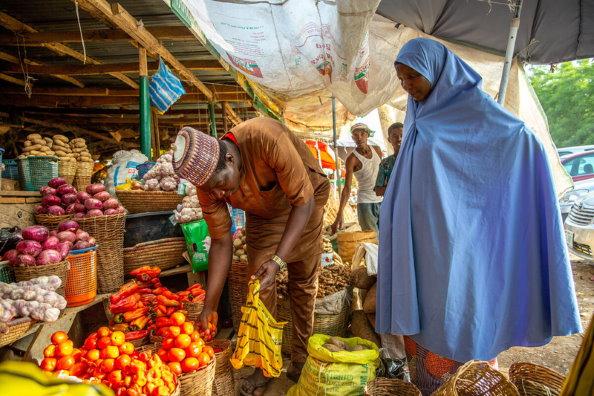As Nigeria prepares for the holy month of Ramadan, soaring food prices have dampened spirits, with many struggling to afford basic necessities in Africa’s most populous Muslim country.
With food inflation at around 35 percent, worshippers at the central mosque in Lagos voiced their challenges in providing for their families.
“Some people have already started fasting because they can’t afford to eat,” said Owoyemi Sherifent Mojisola, 54, in Nigeria’s economic capital.
“Everything is expensive at the moment.”

The government’s reforms last year, including the removal of fuel subsidies and currency controls, have had a significant impact on the country’s economy. Since taking office last year, President Bola Ahmed Tinubu has faced criticism for the resulting tripling of petrol prices and the spike in living costs as the naira has depreciated against the dollar.
Tinubu has urged patience, arguing that his reforms will attract foreign investment, but many Nigerians are feeling the pinch. For some, this means skipping meals and going without items such as meat, eggs, and milk.
“It’s really hard,” said Idihabom Nafisah Oyebanji, a 42-year-old mother at the central mosque, who mentioned she couldn’t afford her favorite Ramadan foods, including milk and melon.
Traders at the market near the mosque also reported struggling.
READ ALSO: Lagos State Government to Enforce Three Metres Drainage Right of Way in Apapa
“People no longer have money to pay for small pleasures for Ramadan,” said incense-seller Azeez Shelifiu.
He revealed that his monthly income had fallen by a third to around 40,000 naira ($25) in under six months.
Nigeria’s economic crisis has led to sporadic social unrest in recent months.
Earlier this week, the national emergency agency tightened security at its warehouses after hundreds of people looted a food store in the capital Abuja.
In response to such hardships, the imam at the central mosque, Sulaiman Oluwatoyin Abou-Nolla, called for solidarity.
“We need to support each other, especially during this period of Ramadan,” he told AFP, outlining plans to distribute food at the mosque this month.
He warned that the economic crisis was exacerbating other issues in Nigeria, including kidnappings for ransom.
“It’s an economic factor and can be political. The rate of employment is high — industries are closing,” he said.
According to the national bureau of statistics, at least 63 percent of Nigeria’s population lives in extreme poverty



